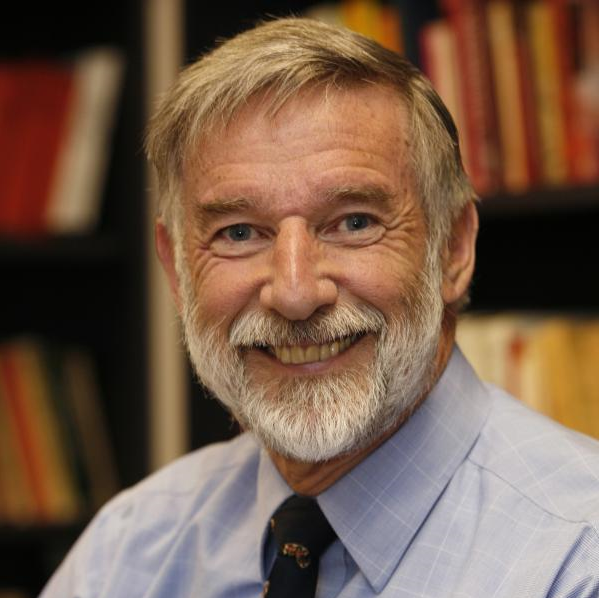From the 2023 Award for Scholarly Distinction citation in the 2024 Annual Meeting Awards Ceremony booklet
Prolific does not fully describe Geoffrey Parker’s remarkable scholarship that has resulted in more than 40 books and over 100 articles and book chapters. What characterizes Parker’s achievement is his ability to solve puzzles: to take bits of information from seemingly different spheres, to recognize patterns, and to make a coherent case to explain why things happened or failed to happen in the past. The most remarkable of the many puzzles he has solved can be found in his massive study, Global Crisis: War, Climate Change, and Catastrophe in the Seventeenth Century, which analyzes the climatically induced crisis that caused the premature death of around one-third of the human population.
From the very beginning of his publishing career, he has been a trendsetter by denationalizing European history. The unifying task in many of his books has been to test the limits of state power in the Habsburg dominions, which stretched across Europe, northern Africa, and South and Central America, with outposts in the Pacific and Indian Oceans. His works have modeled how to achieve great global history that never loses sight of the sources. He is always aware of the fallibility of human actors, the vicissitudes of weather and transportation, and the interrupted transmission of information. These books include studies of Philip II, Charles V, the Spanish in Flanders, the Spanish Armada, the Dutch Revolt, the Thirty Years’ War, and his justly famous fundamental text on the military revolution.
Besides his many awards, his influence may be measured by the 35 doctoral dissertations he has directed to completion.
